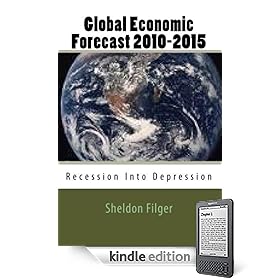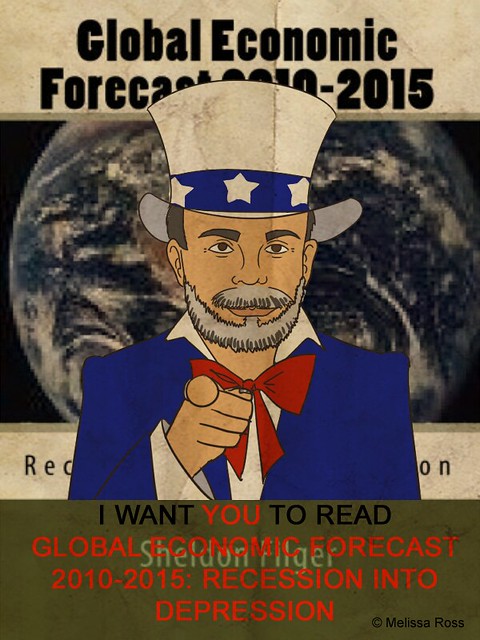UK Economy in Freefall Collapse Due to Coronavirus Pandemic
Official data just released reveals that the United Kingdom has experienced its worst recession since quarterly economic output reports were first tabulated in1955. In Q2 of 2020 the UK’s GDP contracted by negative 20.4%. This rate of economic contraction was driven by enforced lockdowns of much of the British economy in the wake of Covid-19, which has stricken the nation more than other European economies.
The calamitous Q2 economic data means that the UK is experiencing the worst degree of economic collapse of any major developed economy. As bad as the economic news is, there is reason to believe it will get worse. Even the UK government admits that unemployment, already at record levels, will significantly increase in the months ahead. The government has warned of hundreds of thousands of additional jobs that will cease to exists as the coronavirus pandemic continues to paralyze the economy, leading to an unprecedented level of demand destruction.
The dire economic news from the UK is reflective of what is transpiring throughout the world. Despite continued talk by many pundits and government officials in leading economies about the likely V-shaped recovery of economic growth, based on optimistic forecasts of early vaccine development and improved Covid-19 therapeutics, the hard data offers increasing evidence of a Global Economic Crisis, in effect the Great Depression of the 21st century.





